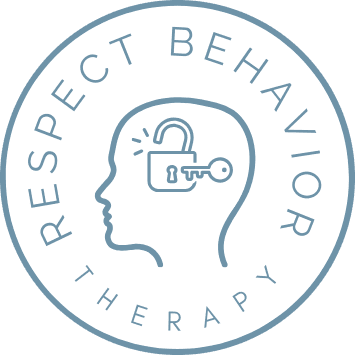Early Autism Signs: Recognizing Symptoms and Immediate Interventions

Navigating the world of developmental disorders can be challenging, especially when it concerns our loved ones. Autism Spectrum Disorder (ASD) affects an estimated 1 in 54 children in the U.S. alone. Being aware of early autism signs can significantly help with timely interventions, fostering improved well-being and life quality for the child. In this article, we'll explore early autism symptoms and the immediate steps you can take to support your child's well-being.
Identifying Early Autism Signs
Inconsistent Eye Contact: One of the most common signs of autism is irregular eye contact. Babies usually begin to maintain eye contact by six months. If your child consistently avoids eye contact or struggles with it, this may be an early sign.
Delayed Milestones: Developmental delays in reaching milestones such as sitting up, walking, or speaking are another possible sign. Remember that these milestones vary from child to child; however, significantly late milestones may warrant a checkup.
Limited Social Interaction: A child with autism may have difficulty developing peer relationships appropriate to their developmental level. This includes lack of interest in sharing enjoyment, interests, or achievements with others.
Communication Issues: Children with autism often have language delays. They might repeat phrases (known as echolalia), speak in an abnormal tone, or refrain from communicative gestures like pointing.
Repetitive Behaviors: Repetitive movements, such as rocking back and forth, spinning, or hand-flapping, are common in children with autism. They may also develop specific routines and become upset at the smallest changes.
Remember, it's essential to note that these signs do not conclusively mean your child has autism. Many children might exhibit one or more of these behaviors but are not on the autism spectrum. However, if you notice multiple signs, consider reaching out to a medical professional.
Immediate Interventions for Autism
Recognizing early autism signs is the first step; the next is taking immediate action to support your child's wellbeing. Let's explore some interventions that you can implement.
1. Early Intervention Services: Seek the help of early intervention services in your local area. These services often include physical therapy, speech therapy, and other developmental aids tailored for children under three.
2. Behavioral Therapy: Applied Behavior Analysis (ABA) is a widely recognized intervention for autism. ABA uses positive reinforcement to improve communication, social skills, and other areas of development.
3. Speech Therapy: Since communication is a common challenge for children with autism, speech therapy can be an excellent tool to improve these skills.
4. Occupational Therapy: This therapy helps children improve their physical, sensory, or motor skills. It can be beneficial for children who struggle with fine motor skills like buttoning clothes or holding a pencil.
5. Parent-mediated Intervention: In this approach, therapists guide parents on how to interact with their autistic child to promote social communication skills.
While it's understandable to feel overwhelmed when facing a potential autism diagnosis, remember, help is available. Early intervention is key to promoting a better quality of life for your child. If you suspect your child may be displaying signs of autism, reach out to a healthcare professional promptly.
Autism can manifest itself in many ways, and early detection is key to providing children the tools they need to thrive. Recognizing the early signs of autism, and taking immediate, appropriate action is a crucial step towards supporting your child's well-being. Remember, you are not alone on this journey; there are many resources available to guide and support you.
